In recent years, the world has witnessed a significant shift towards sustainable practices across various industries, and agriculture is no exception. As the global population continues to soar, the need for innovative and efficient farming methods has become more pressing. In this regard, nano gro fertilizer has emerged as a revolutionary technology, offering immense potential to enhance crop productivity while minimizing environmental impacts. 1. Understanding Nano Gro Fertilizer: Nano gro fertilizer is a type of plant nutrient that utilizes nanotechnology to improve nutrient delivery and absorption in plants. It involves transforming conventional fertilizers into nano-sized particles, typically in the range of 1-100 nanometers.
.
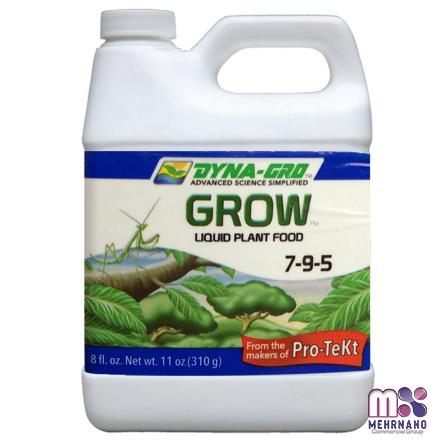 These particles possess unique properties such as increased surface area, improved solubility, and enhanced stability, allowing for more effective nutrient uptake by plants. 2. Enhanced Nutrient Efficiency: One of the key advantages of nano gro fertilizer lies in its ability to maximize nutrient efficiency. By utilizing nanotechnology, essential nutrients such as nitrogen, phosphorus, and potassium (NPK) can be encapsulated into nanoparticles. As a result, these nutrients are protected from volatilization, leaching, and fixation, ensuring a steady supply of nutrients to the plants throughout the growing season. This leads to reduced fertilizer wastage, increased crop yields, and improved resource-use efficiency. 3. Precise Nutrient Delivery: Traditional fertilizers often suffer from poor nutrient distribution within the soil, resulting in uneven plant growth and nutrient deficiencies. Nano gro fertilizer addresses this issue by facilitating precise nutrient delivery at the cellular level. Due to their tiny size, nanoparticles can penetrate the plant’s root system more effectively, allowing for better nutrient absorption and utilization. This targeted delivery system ensures that plants receive the required nutrients exactly where and when they need them, leading to healthier and more productive crops.
These particles possess unique properties such as increased surface area, improved solubility, and enhanced stability, allowing for more effective nutrient uptake by plants. 2. Enhanced Nutrient Efficiency: One of the key advantages of nano gro fertilizer lies in its ability to maximize nutrient efficiency. By utilizing nanotechnology, essential nutrients such as nitrogen, phosphorus, and potassium (NPK) can be encapsulated into nanoparticles. As a result, these nutrients are protected from volatilization, leaching, and fixation, ensuring a steady supply of nutrients to the plants throughout the growing season. This leads to reduced fertilizer wastage, increased crop yields, and improved resource-use efficiency. 3. Precise Nutrient Delivery: Traditional fertilizers often suffer from poor nutrient distribution within the soil, resulting in uneven plant growth and nutrient deficiencies. Nano gro fertilizer addresses this issue by facilitating precise nutrient delivery at the cellular level. Due to their tiny size, nanoparticles can penetrate the plant’s root system more effectively, allowing for better nutrient absorption and utilization. This targeted delivery system ensures that plants receive the required nutrients exactly where and when they need them, leading to healthier and more productive crops.
..
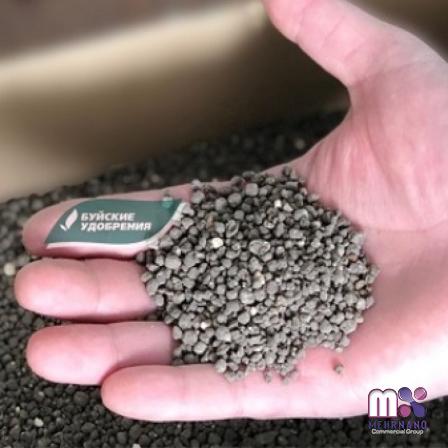 4. Environmentally Friendly: In addition to benefiting crop growth and yield, nano gro fertilizer also contributes to sustainable agricultural practices. Its enhanced nutrient efficiency means that less fertilizer needs to be applied, reducing the risk of nutrient runoff and subsequent water pollution. Furthermore, the controlled release and smaller dosage requirements of nano gro fertilizer help minimize the release of greenhouse gases, making it an eco-friendly alternative to conventional fertilizers. 5. Challenges and Future Prospects: Although nano gro fertilizer holds great promise for the agricultural sector, there are certain challenges that need to be addressed. Ensuring the safety of nanoparticles in terms of potential toxicity and environmental impact remains a critical area of research.
4. Environmentally Friendly: In addition to benefiting crop growth and yield, nano gro fertilizer also contributes to sustainable agricultural practices. Its enhanced nutrient efficiency means that less fertilizer needs to be applied, reducing the risk of nutrient runoff and subsequent water pollution. Furthermore, the controlled release and smaller dosage requirements of nano gro fertilizer help minimize the release of greenhouse gases, making it an eco-friendly alternative to conventional fertilizers. 5. Challenges and Future Prospects: Although nano gro fertilizer holds great promise for the agricultural sector, there are certain challenges that need to be addressed. Ensuring the safety of nanoparticles in terms of potential toxicity and environmental impact remains a critical area of research.
…
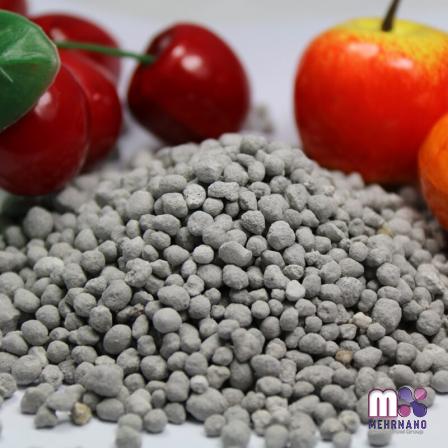 Additionally, the high production costs associated with nanotechnology and the need for large-scale manufacturing pose hurdles for widespread adoption. However, with further advancements in research and development, these challenges can be overcome, paving the way for a more sustainable and efficient agriculture industry. Conclusion: Nano gro fertilizer represents a game-changer in the world of sustainable agriculture. By harnessing the power of nanotechnology, it offers precise nutrient delivery, enhanced nutrient efficiency, and reduced environmental impacts. As the global demand for food continues to grow, the adoption of nano gro fertilizer can help meet this challenge by maximizing crop yields while minimizing resource waste. With ongoing advancements in the field, nano gro fertilizer has the potential to revolutionize farming practices worldwide, promoting a greener and more sustainable future.
Additionally, the high production costs associated with nanotechnology and the need for large-scale manufacturing pose hurdles for widespread adoption. However, with further advancements in research and development, these challenges can be overcome, paving the way for a more sustainable and efficient agriculture industry. Conclusion: Nano gro fertilizer represents a game-changer in the world of sustainable agriculture. By harnessing the power of nanotechnology, it offers precise nutrient delivery, enhanced nutrient efficiency, and reduced environmental impacts. As the global demand for food continues to grow, the adoption of nano gro fertilizer can help meet this challenge by maximizing crop yields while minimizing resource waste. With ongoing advancements in the field, nano gro fertilizer has the potential to revolutionize farming practices worldwide, promoting a greener and more sustainable future.

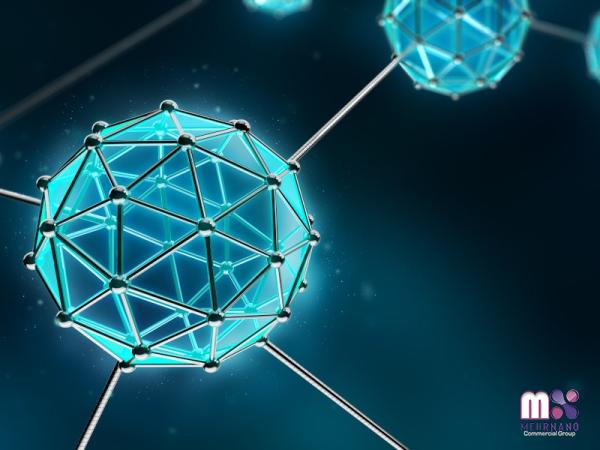

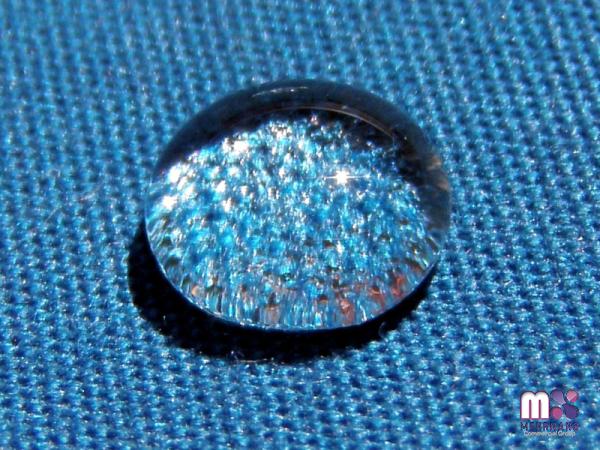



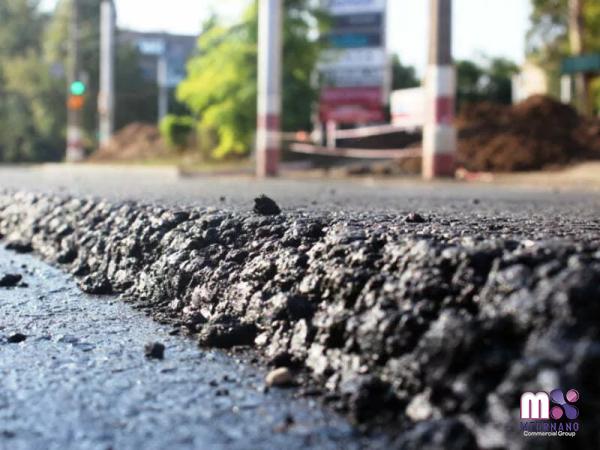
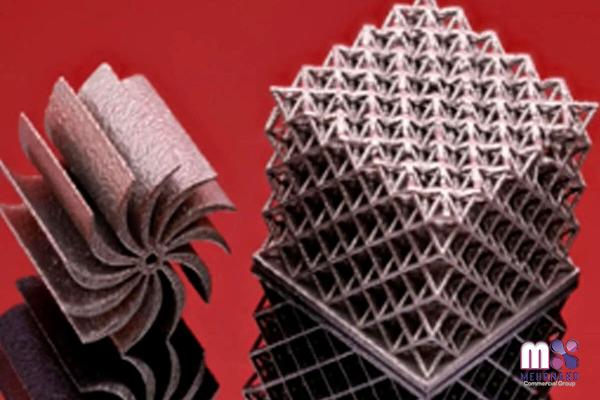
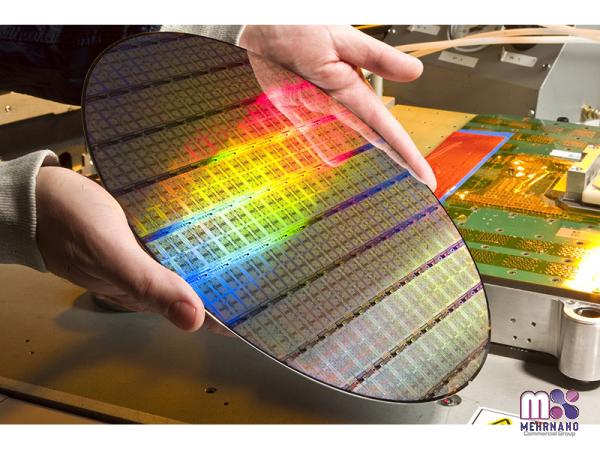

Your comment submitted.